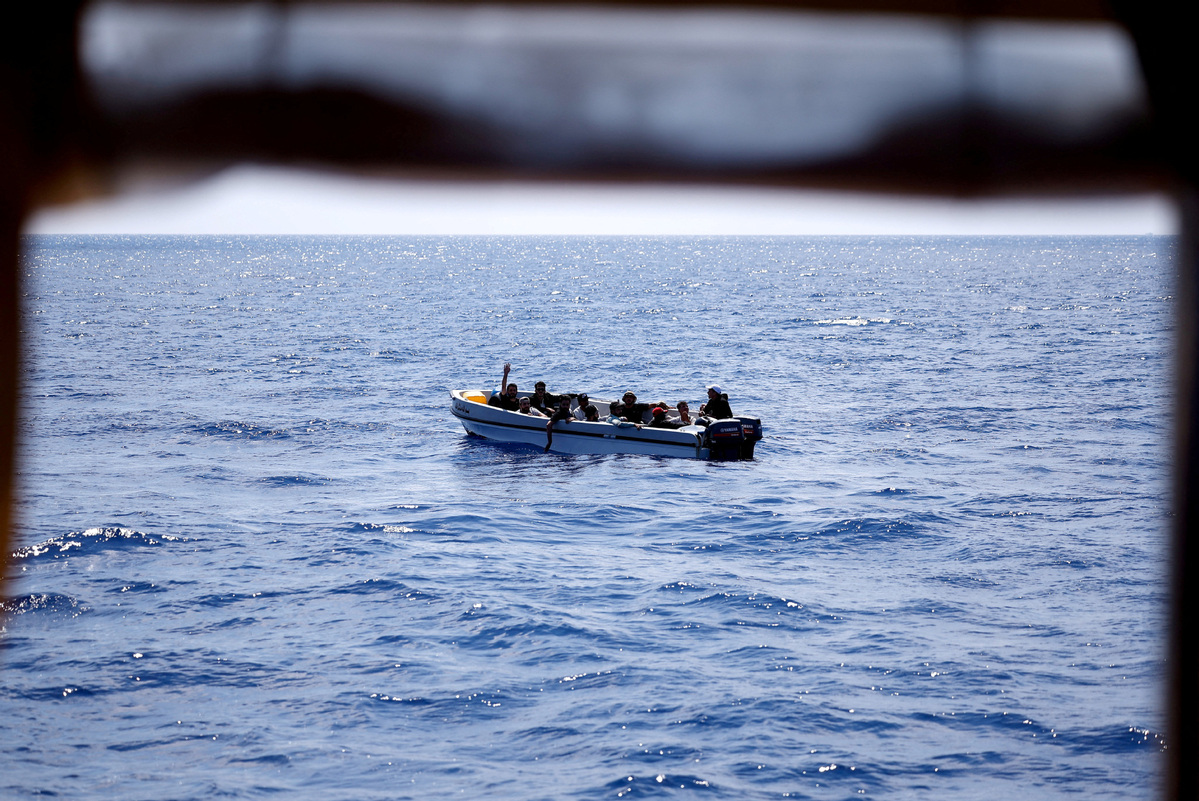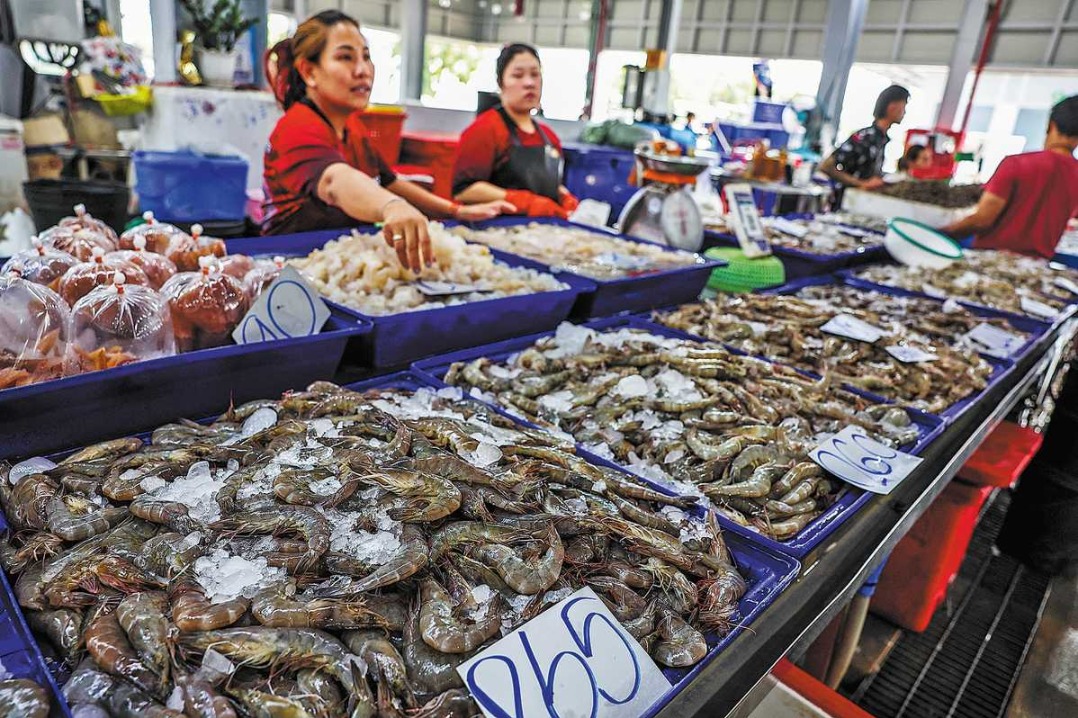Irregular migrant crossings into Europe fall


Nearly 33,600 fewer irregular crossings were recorded at European Union borders in early 2025, marking a 30 percent reduction from the first quarter of 2024, the bloc's border agency Frontex has stated.
Rights groups attribute the decrease in irregular crossings partly to EU deterrence policies that they say overlook rights abuses in countries including Libya and Tunisia.
The drop in the number of arrivals coincides with the EU's expanded partnerships with non-European nations where migrants have faced documented abuses, including beatings, sexual assault, and detention, reported The Guardian newspaper.
While the decrease affected all major migratory routes into Europe, the steepest drop of 64 percent was recorded along pathways through Albania, Serbia, Montenegro, and North Macedonia.
While factors from weather to conflict influence migration patterns, the Frontex data suggests a continuation of 2024's downward trend, when crossings fell 38 percent from the previous year, noted Judith Sunderland of Human Rights Watch.
Despite the overall reduction in the number of crossings, the International Organization for Migration, or IOM, reported at least 555 deaths on Mediterranean Sea and Atlantic Ocean routes in the first three months of 2025.
"It's not only about the statistics," said Sunderland. "Let's not forget that this is coming at a cost of people drowning in the Mediterranean, of people being beaten up at the Poland-Belarus border and being pushed back into Belarus; it's people getting stranded in various swamps, forests, and deserts in and on the outskirts of the EU. There's a massive human cost behind those numbers.
"The bottom line is that, insofar as the drop in arrivals is due to the EU's deterrence measures, those measures are accompanied very clearly by human rights abuse that the EU is therefore complicit in."
IOM statistics show increased interceptions of boats from North African countries may have contributed to fewer arrivals.
"Despite the downward trend, IOM remains concerned about migrant deaths, which, according to our data, are still very high," a spokesperson for IOM said in a statement.
Around 3,500 children have died or gone missing in the central Mediterranean region over the past decade, according to a UNICEF statement released on Tuesday.
Seven out of 10 children making the perilous journey across the Mediterranean Sea travel without parents or guardians, fleeing war, conflict, and extreme poverty in their home countries, while facing grave dangers including physical violence and illegal detention as they desperately seek safety and better opportunities in Europe, UNICEF said.
"Governments must protect the rights and best interests of children in line with their obligations under national and international law," said Regina De Dominicis, UNICEF regional director for Europe and Central Asia and special coordinator for the refugee and migrant response in Europe. "The rights enshrined in the Convention on the Rights of the Child do not stop at borders or shores – they travel with children as they cross."
jonathan@mail.chinadailyuk.com

































